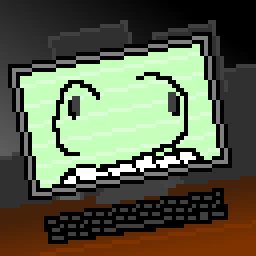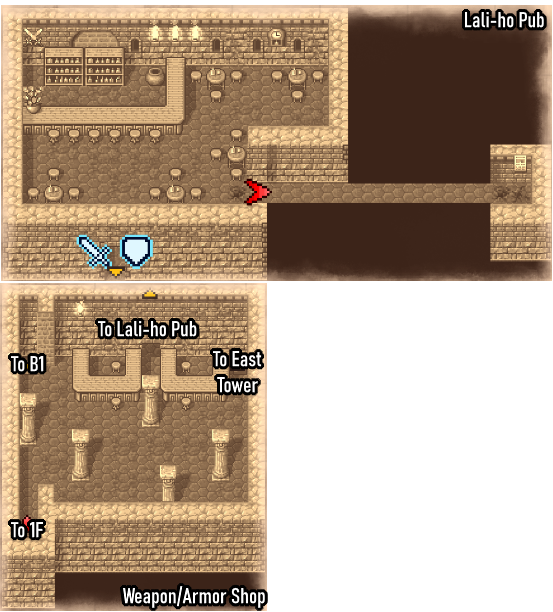
This editorial doesn’t necessarily reflect the views of this blog. However, blogs don’t have views anyway, so what would that even mean?
I was sitting and watching some Zelda: Breath of the Wild videos in a Metafilter post by Fizz, from streamer PointCrow. I was going through the usual generation shock–I the hyper-frenetic editing, zooming visuals with added sound effects, slow zooms, constant cues telling me how they want me to feel, combined with his constant state of hype and excitement, they were wearing on me. But that’s probably just my age? As much as it pains me to admit it I’m not young anymore, having just turned fifty last month. Maybe it’s just the style of popular youth media now Somehow I don’t think it is, I don’t see everyone doing that. I suspect it’s really Youtube’s algorithm that prioritizes engagement really really hard, that pushes some people to those lengths. Anyway, I don’t intend to make this into a screed against PointCrow, who obviously works very hard to succeed, and does have some interesting videos. By all means watch a few if you want. That’s not the point of this post anyway.

It was while watching it that I started to realize how insular these kinds of video can be? If you don’t know anything about Breath of the Wild, a lot of it will be impenetrable to you. That may be why there’s so many videos about this game in particular. There’s like a while little genre of BotW videos that show off tricks, odd corners of the game, and amazing feats in it. I post about them here sometimes even.
My worry has to do with the phenomenon of retro (from our perspective) gaming in general. We often hear people talk about games like Super Mario Bros. and the original Legend of Zelda as if there were some kind of timeless classics, which is a bold statement to make even approaching 40 years out from the Famicom’s launch. Timeless is timeless, and in centuries will anyone know or even care about it? The jury is still out of course on whether humans will still be around in that time, but let’s presume they will be.

In fact, let’s restrict out scope to the relatively near future, maybe 20 years from now. Will people still care about the 8-bit era of games around that time?
We have some reason to believe that they aren’t played as much now as they used to be. NES-era games, on the Switch, are no longer sold individually, like they were on the Wii and Wii-U, but in bulk, as part of a subscription. That seems to indicate, I think, that they haven’t turned out to be as much of a selling point individually as before.
My hope is that they will, and I think games like Super Mario Bros. do have some qualities that don’t just expire like the milk left in the fridge for a month. But they don’t exist in a vacuum, and what gives me cause for concern is the ways in which these games are experienced now.
I think that retro games still fill a useful niche, in that they’re solidly-made and challenging games, with a distinctive look and sound, that don’t have gigantic playtimes. Super Mario Bros. will not claim weeks of your life. Even the longer ones don’t demand as much of your attention and times as a AAA-title Square Bethesda WA Microsoft Co Inc. And indie games, while often worthy, are often a risk to spend money on. Many NES-era games are well known to be playable and interesting, which is how they got to be popular in the first place.
My concern, though, is that as the people who grew up with these games age, their original context is being increasingly lost. Less and less often, the people who play and think about these games didn’t come to them from mostly personal, pre-internet perspectives, but as something brought to them by other people, meaning, not just hearing about them, but being pre-spoiled regarding their gameplay, and especially from watching streamers and speedrunners.
What, I wonder, is the ratio between people playing games as intended, and those purposely trying to break them in a variety of ways, and do superplays? Are new game players inundated by streaming culture? Do they get the sense that 8-bit games are only interesting if one tries to blow them up? And in the future, will people continue to find their way to games like Super Mario Bros. and The Legend of Zelda, and appreciate them for what they are?
Is there perhaps space out there for people just doing normal runs of retro games? I wonder if I should give it a shot.


